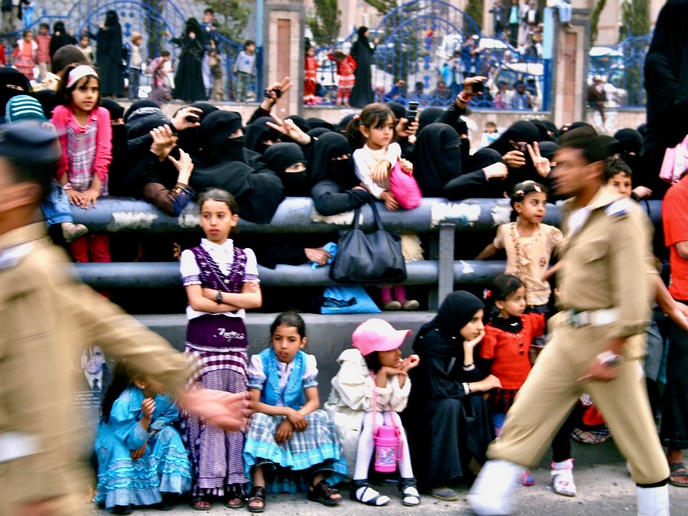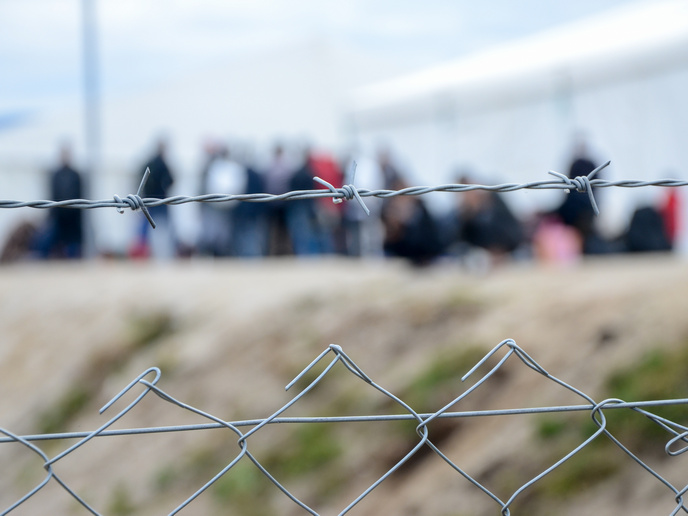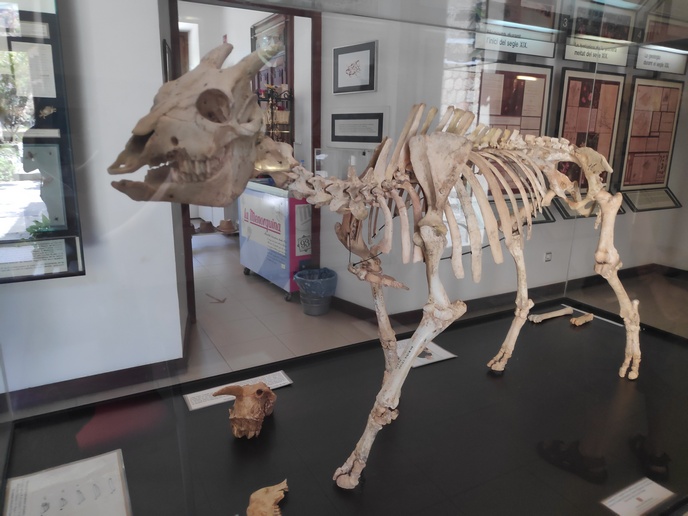Empowering women’s voices for peace-building in Yemen
It has been a decade since the beginning of the Yemeni civil war, which has led to the death of tens of thousands of people and the displacement of millions of Yemenis from their homes. Amidst this turmoil, Yemeni women play an often overlooked but significant role in peace processes and conflict resolution. And on a global level, women represented only 3 % of chief mediators, 4 % of signatories and 13 % of all negotiators in major peace processes in the world between 1992 and 2018, according to the United Nations. To draw attention to this matter, the PeaceWomen(opens in new window) project studied the efforts of Yemeni female refugees and activists in conflict management and peace-building between 2015 and 2023. Undertaken with the support of the Marie Skłodowska-Curie Actions programme(opens in new window), the research included in-depth interviews with Yemeni women carried out in Germany, the Netherlands and Jordan, showing the impact of conflict-induced migration on their lives. “Women’s political activism, especially in conflict zones, is crucial for achieving durable peace. Women bring unique perspectives and solutions to peace negotiations, yet they are frequently marginalised,” states Ewa K. Strzelecka, PeaceWomen project coordinator.
The role of Yemeni women in peace-building
The project saw the active participation of Yemeni women in the 2011-2012 uprising and in the National Dialogue Conference from 2013 to 2014, where they achieved 28 % representation. However, their involvement in decision-making has significantly decreased during the current conflict. At the moment, there is no female representation in the internationally recognised government and women have been mostly excluded from official peace negotiations. Despite the many challenges, Yemeni women have engaged as peacemakers, advocates for peace, mediators, counsellors, humanitarian workers, policymakers, educators and more. “This applies a broader concept of peace that includes processes of state-building and democratisation and addresses sources of inequality and injustice based on gender, class, ethnicity and religion. For women, peace is not only the end of war but also the eradication and prevention of all forms of violence,” says Strzelecka. With a focus on exiled activists, the project shows that the ongoing war has shaped women’s transnational identity. They maintain strong ties to their country of origin and yet establish connections between Yemen and their host nations, expanding transnational networks in support of Yemeni causes. Based on the interviews with Yemeni female activists residing in Western countries, the study was able to identify heterogeneous aspects in the Yemeni diaspora. Despite conflicting groups, female transnational activists have led significant national reconciliation initiatives. “Women in the diaspora contribute with gender-sensitive knowledge and skills to peace processes and post-conflict reconstruction and development,” adds Strzelecka.
Improving next strategies
The analysis of PeaceWomen led to the identification of several recommendations to develop peace-building and conflict prevention strategies. They include enhancing the inclusion of women and refugees to bring gender-sensitive perspectives to peace agreements, supporting transnational networks of Yemeni women activists and investing in women’s leadership. The project also promoted debates and dialogues on diaspora, women and peace during a workshop(opens in new window) in Jordan and in a session within the Second Yemen International Forum(opens in new window) held in the Netherlands.







